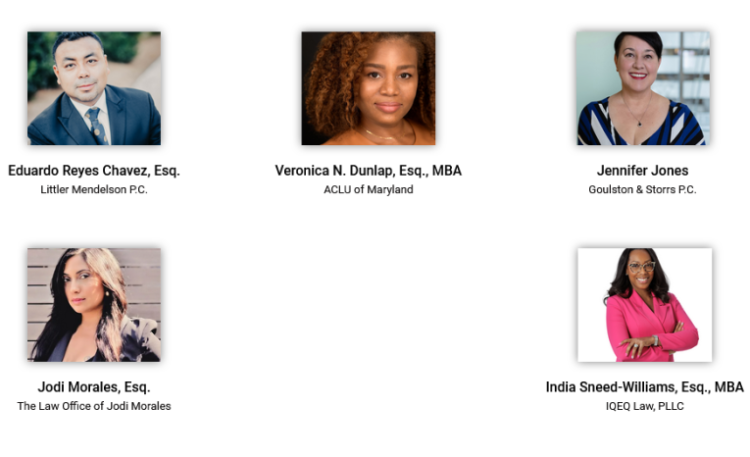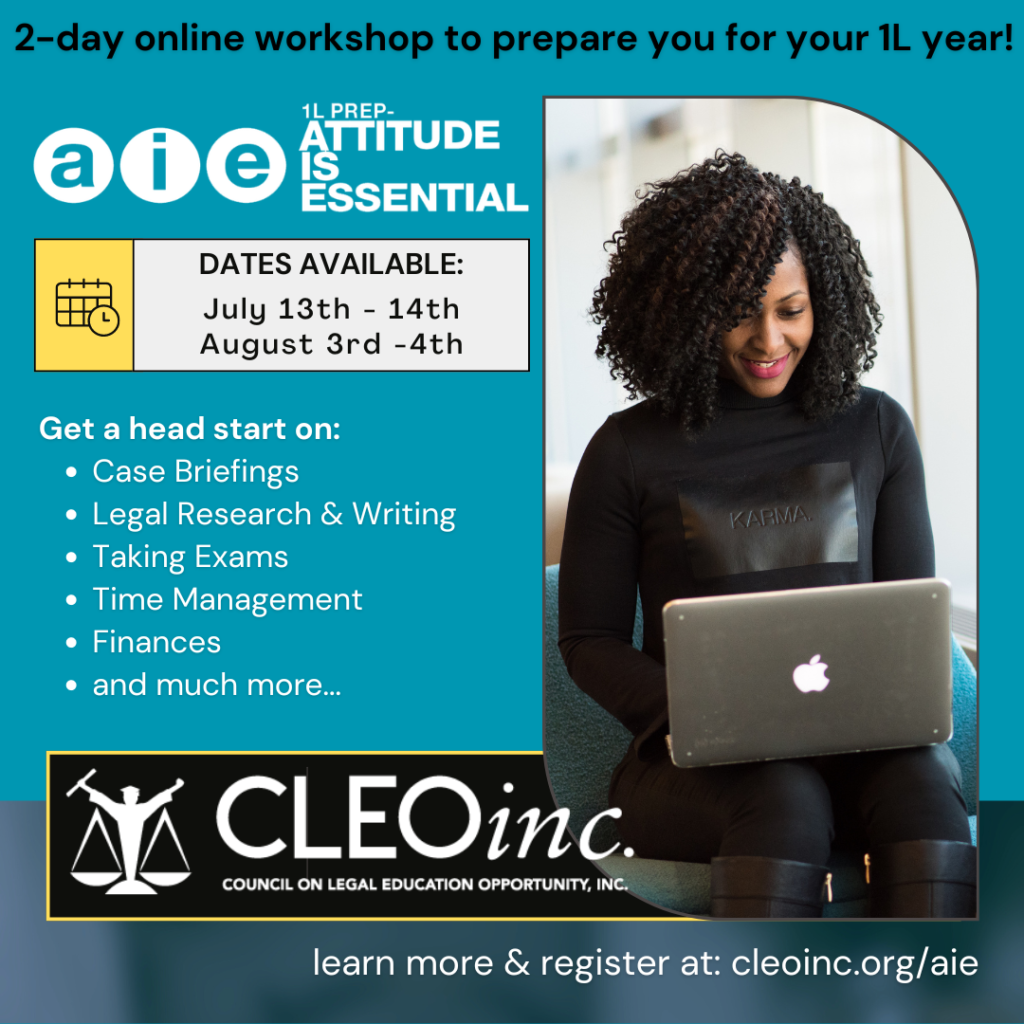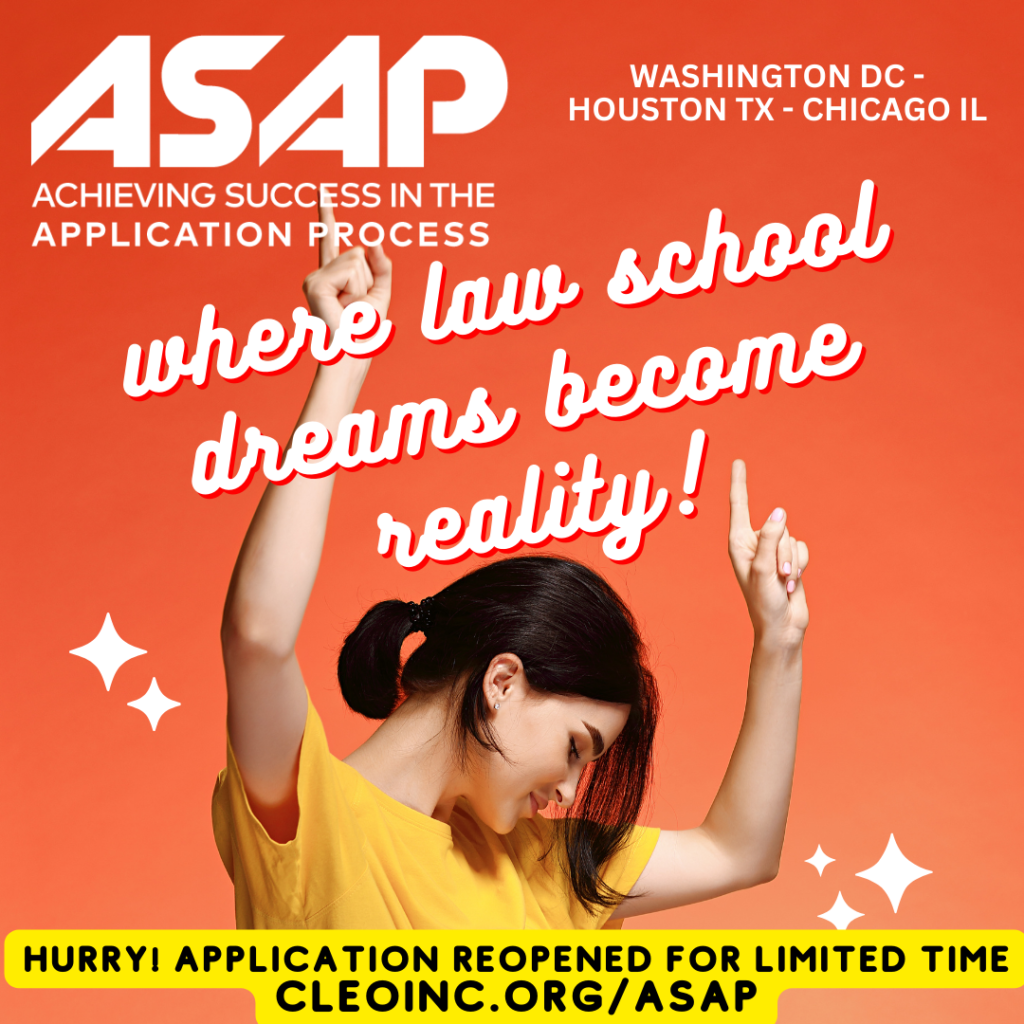
June, 2024 – Issue 13
Welcome to The CLEO JD Report. We will share tips on how to prepare for and succeed in law school, get legal profession insights from our CLEO alumni, and get to know our Partners-In-Law law schools that are making a commitment to diversity, equity, and inclusion.
The Council on Legal Education Opportunity, Inc. (CLEO): is a 501(c)(3) national non-profit organization that was founded in 1968 to expand opportunities for underrepresented students to attend law school. Since its inception, more than 32,000 students have participated in CLEO’s programs and joined the legal profession.

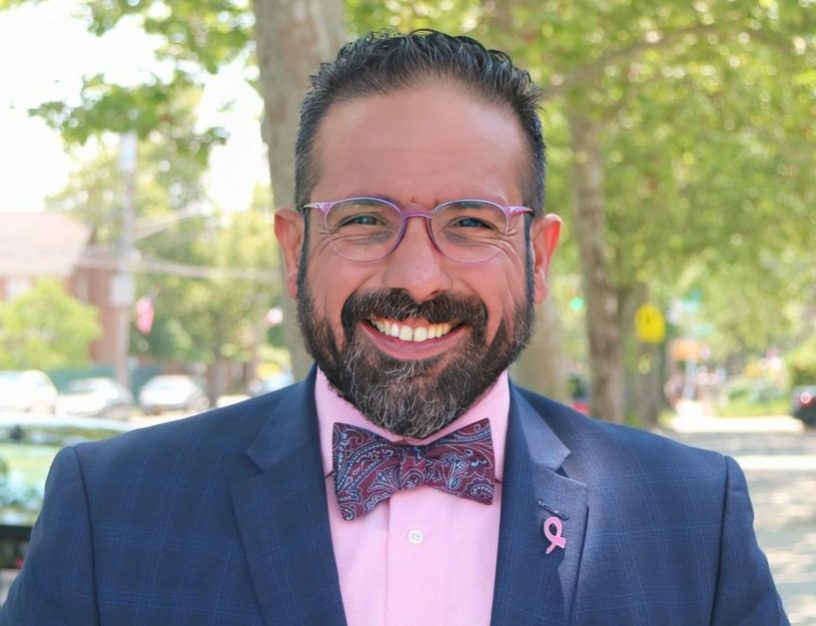 As 2023 comes to an end, I want to take a moment to thank you for supporting and believing in CLEO.
As 2023 comes to an end, I want to take a moment to thank you for supporting and believing in CLEO.
Your generosity enables us to bring students from underrepresented backgrounds together to discover ways to manifest their dreams and ways to change the world, along with themselves.
In 1968, the Council on Legal Education Opportunity was established as the first national program of its kind to coordinate and recruit students to participate in programs that would build a pipeline to the legal profession with a stream of talented students from minority backgrounds.
Today as we embark on our Year End Giving Campaign, our goal is to continue to serve more students, but we can’t do it without your help!
Please join us by making a gift this year.
Sincerely,
Juan Carlos Polanco, Esq., MBA
President and Chief Executive Officer

Starting law school this Fall or in 2025? Get a head-start on your 1L year! AIE is CLEO’s 2-day online workshop.
Applying to law school this Fall or in 2025? Join us this Summer at one of our law school locations to perfect your application skills.

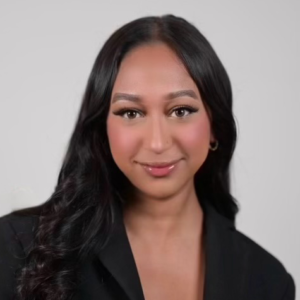
Read Secrets of a Law Student’s success & how CLEO can help YOU!
Nawal Shego
The University of Idaho College of Law
Class of 2026
Q1. What was your course of study in college?
During undergrad I majored in Sociology with a minor in Informatics.
Q2. How did you become interested in pursuing law?
The sociology classes I took sparked my interest in learning more about systemic and social issues. I was drawn to how law can shape and protect individual’s rights, and my personal experiences encouraged me to want to strive to protect these rights.
Q3. What steps did you take to prepare for law school?
I gained experience working as a legal assistant at two law firms in the Seattle area; the first specialized in creditors’ rights and the second in personal injury law. Additionally, the summer before starting law school, I attended the CLEO Pre-Law Summer Institute at Mitchell Hamline.
Q4. How did you find out about CLEO?
While preparing for law school, I came across a video from a CLEO alum. They shared their experiences in the program and how CLEO equipped them with the necessary skills for law school. Their insight inspired me to learn more about the program and get involved.
Q5. What benefits did you receive by participating in the CLEO Pre-Law Summer Institute or 1L-Prep Attitude is Essential?
The CLEO Pre-Law Summer Institute (PLSI) gave me the opportunity to take classes that were required in my first year of law school. This aided me in my journey to develop skills such as case briefing and learning the style of writing used in law school. I also had the opportunity to connect with attorneys and law students who gave me meaningful guidance going into my first year.
Q6. What helped you cope with the stress of law school?
Throughout law school, my family and friends acted as my support system. They were a constant source of motivation, doing their best to encourage me during these stressful moments. My support system helped remind me that I was capable, and never alone.
Q7. After law school, what are your legal career plans?
Post law school I plan to go into intellectual property law. I’m interested in the intersection between law and innovation and want to uphold intellectual property rights. Additionally, I want to give back to my community through pro bono work, ensuring people have access to legal representation regardless of their financial status.
Q8. Do you volunteer or intern with any legal organizations?
I am currently a Judicial Extern at the Washington State Supreme Court, which has provided me with experience in understanding the judicial process and enhancing my legal research and writing skills. I also attend oral arguments for ongoing cases and have the opportunity to participate in chamber meetings.
Q9. Do you have any advice for future lawyers?
My advice for future lawyers is to take advantage of all your resources. Going to office hours can really help reinforce your understanding of these topics, and your professors are there to help you. It’s also very important to have a support system, so keep in touch with your friends and family. There are so many people who want you to succeed, so don’t go through it alone.
Q10. What motivates you to be part of the legal profession?
Growing up as the child of immigrants, I witnessed the obstacles my parents had to overcome to get me where I am now. There is injustice everywhere, and my experiences gave me a strong desire to advocate for marginalized voices. My parents are my biggest source of inspiration, and I look at their resilience as motivation to make a positive impact in the world.
An Encouraging Word from Nawal:
The path through law school and into the legal profession is challenging, but remember, it is achievable. Embrace the challenges as opportunities to grow stronger and more capable. Always remember why you’re doing this, and that you’re never alone.

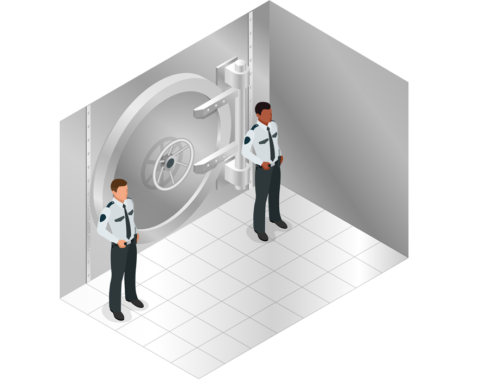
By Bernie Chimner, Co-Founder & LSAT Instructor, GriffonPrep (www.GriffonPrep.com)
A detective arrives at the scene of a robbery and begins to interview witnesses. He discovers that a single person has robbed the bank vault. After a thorough investigation, the detective obtains the following information:
- Anyone who enters the bank vault will appear on the security camera.
- The person who committed the robbery entered the bank vault before 9am.
- Anyone who enters the bank before 9am must have a security badge.
- No one who appears on the security camera works at the bank.
Given the information above, we can deduce that the person who robbed the bank:
- Worked at the bank but did not have a security badge.
- Had a security badge but did not work at the bank.
- Had a security badge and worked at the bank.
- Did not work at the bank and did not have a security badge.
Solution: #2 – Had a security badge but did not work at the bank.

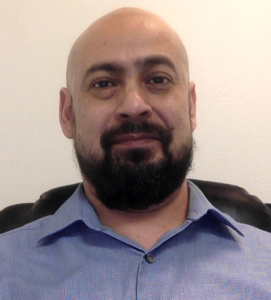
Read Secrets of a Pre-Law Student’s success & how CLEO can help YOU!
Jesus D. Castillo
University of Texas – Pan American
Q1. How did you find out about CLEO? When I started looking into law school, I was looking for resources online when I came across CLEO.
Q2. When did you realize you wanted to attend law school?
When I was a high school senior and was talking to my government class teacher who explained how laws work and the work of an attorney. It all sounded so fascinating, and I became interested in knowing more about the law and its practice.
Q3. What did you learn during the CLEO program you attended?
In the past I had attended one of their online programs and subsequently I received an invitation to the Jumpstart the LSAT. One of the things I learned was to gauge my preparation for the LSAT through taking practice tests with CLEO. It is a great way to find out how well you are preparing to take the real test and it will open your eyes as to the reality of the practice and reviewing that you are doing to prepare.
Q4. How has the CLEO programs influenced your preparation for law school?
It has been an amazing guiding program through the online and in person resources that they offer. My preparation has been influenced by showing me where and what changes I need to make to better prepare for the LSAT and what study materials work better in helping me attain the score I want to get to be accepted to the law school of my choice.
Q5. Select one of the CLEO programs (ASAP, JJ LSAT or CLEO Connection) you attended.
What portion of that program was most beneficial to you and why?
Most beneficial part of Jumpstart the LSAT (JLSAT), was taking a practice test under real testing conditions which is a great way to find out how prepared each person is for the real test.
Q6. Do you plan to attend any future CLEO events?
Yes, as a matter of fact I will be attending Achieving Success in the Application Process (ASAP) in Houston at South Texas College of Law!
Q7. Do you have any advice for other aspiring lawyers?
Keep at it, the road is long and bumpy but you will start seeing progress little by little and that improvement will further inspire you to continue with renewed energy and motivation to reach your goal of becoming an attorney.
Q8. Do you have any additional comments about CLEO?
Keep up with their website and resources as CLEO will always have programs in various cities across the US which you can take advantage of and become more familiar with the LSAT and the entire application process in turn making the whole process easier and more satisfying.

CLEO Scholars Alumna (Jumpstart the LSAT & CLEO Connection) Liana E. Montecinos – Montecinos Immigration Law
This Issue of the JD Report our Alumni Spotlight is on CLEO Scholars Alumna Liana E. Montecinos, Immigration Attorney – Montecinos Immigration Law.
Liana E. Montecinos is an asylee from Honduras who became an immigration attorney. Liana came to the United States at the age of 11. After a long and hard-fought battle in removal proceedings, she was able to secure asylum in the United States. Now, Liana is an immigration attorney committed to protecting the human and civil rights of immigrants.
You can learn more about Liana and Montecinos Immigration Law at: https://www.montecinoslaw.com

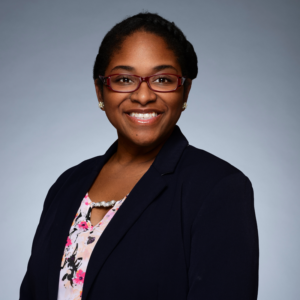
Impact of Virtual Pre-Law Advising: Help is only a Keystroke Away
By Amber N. White, Esq.
Pre-Law Center Director
University of Texas at Arlington
The law school application process is one that is ever evolving and becoming increasingly more accessible to those marginal applicants for whom the dream of law school is just something they (up until college) really believed could never become reality. Now, with organizations like The Council on Legal Education Opportunity – CLEO, students have more knowledge and resources at the fingertips than ever before that can put them exactly where they want to be professionally. With so many resources becoming more accessible, it’s no wonder that free, personalized assistance on the path to law school would be no exception.
By now, it should come as no surprise that the people who can likely help you the most in a personal way are those wonderful souls we call Pre-Law Advisors who, with their years of experience guide students as they navigate the steps necessary to get to law school. But how do we connect with these individuals?
To current college students, your institution should have someone designated as a Pre-Law or Pre-Professional advisor that knows about the application process and can directly assist you with key components of your application. If you don’t know who that person is, you can often start in the Political Science and Humanities departments as these departments will often have someone assigned to assist with the law school application process or who at least has knowledge of the process, particularly in smaller institutions.
To college graduates, current students without a campus-designated Pre-Professional advisor, or individuals of the community who no longer have access, help is still readily available by logging in to your LSAC account and seeing who your area Pre-Law advisor is in your profile. They will always have their contact information there and available so you can connect with these folks readily and easily.
This leads me to my next point. I have been advising Pre-Law students for the last 10 years and had conversations with dozens of Pre-Law advisors over the last few years about advising best practices. And many of us have realized that many of the impacts from COVID-era advising are here to stay. Among them, virtual advising. What does virtual Pre-Law advising look like? Virtual advising replaces or supplements in-person advising by having students communicating with their advisors either over the phone, over Teams, over Zoom or other media that would allow the simple exchange of information and ideas in an effort to assist students preparing to attend law school. We were all a little hesitant in the initial days about how this would impact students’ ability to connect and open up with us about important historical moments in their lives that they might like to include in personal statements, or really even students’ ability to know and understand that we were an available resource for them. But it has blown my mind to see how students [and advisors] have really taken to virtual advising. I have been able to assist students while they’re walking to their next class with a question that had held up their completing their law school resume. I’ve worked with students who couldn’t get out of watching younger siblings at home to come to a campus appointment. I’ve worked with working students who are in the breakroom on their lunch break, sitting in their cars for an oil change, driving out of town on a family trip. The fear of missing connection with the students has been met with the reality of connecting with more students than ever who now have answers to their questions, ideas to help them get started with writing essays, support they didn’t know was available for challenges and disabilities they have. It really has been beautiful to see.
So how can students take advantage of virtual advising? Simple! Get in touch with your Pre-Law advisor, and, echoing my fellow advisor Maya Russell, do so as early and often as you can. Don’t feel like you are bound to drive to campus or meet in person for quality support and assistance. You can get the same advising virtually as you could face to face. You can get the same kind and supportive connection from your advisor virtually as you could face to face. If you don’t have time for phone or video calling, email correspondence with a Pre-Law advisor can also get the job done. You can also work with someone outside of your region easily as well. This may be the case if you’re currently attending school in a different state than your home state and want someone from back home to help you instead.
Help is out there! It’s just a keystroke, a phone call, or a video chat away!

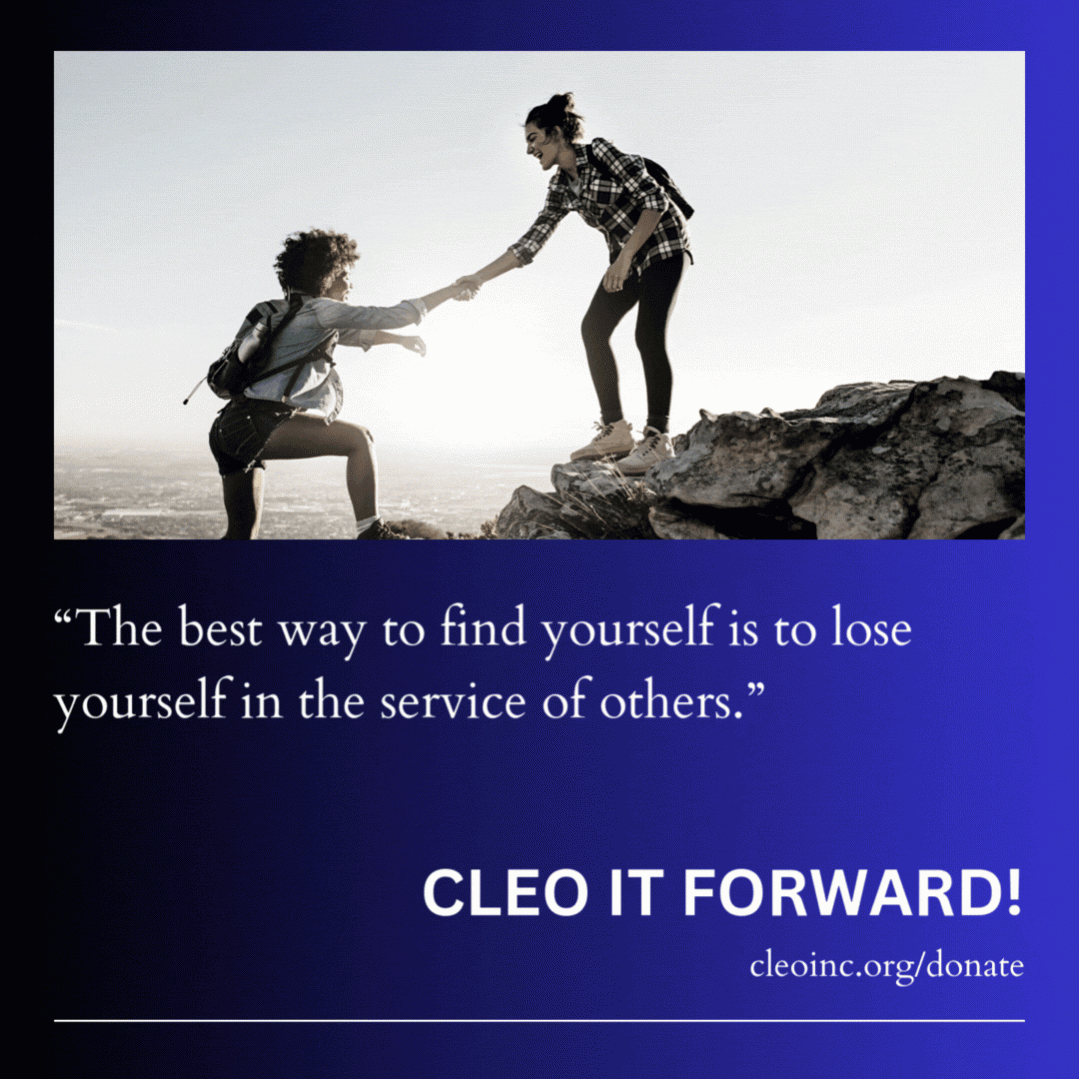
Did you know that your contribution directly helps a student achieve their dream of attending law school?
Each donation you make paves the way for student success. Together, we can empower a new generation of trailblazers!
Visit our DONATE page to see what your gift can do for a student and CLEO IT FORWARD! today.

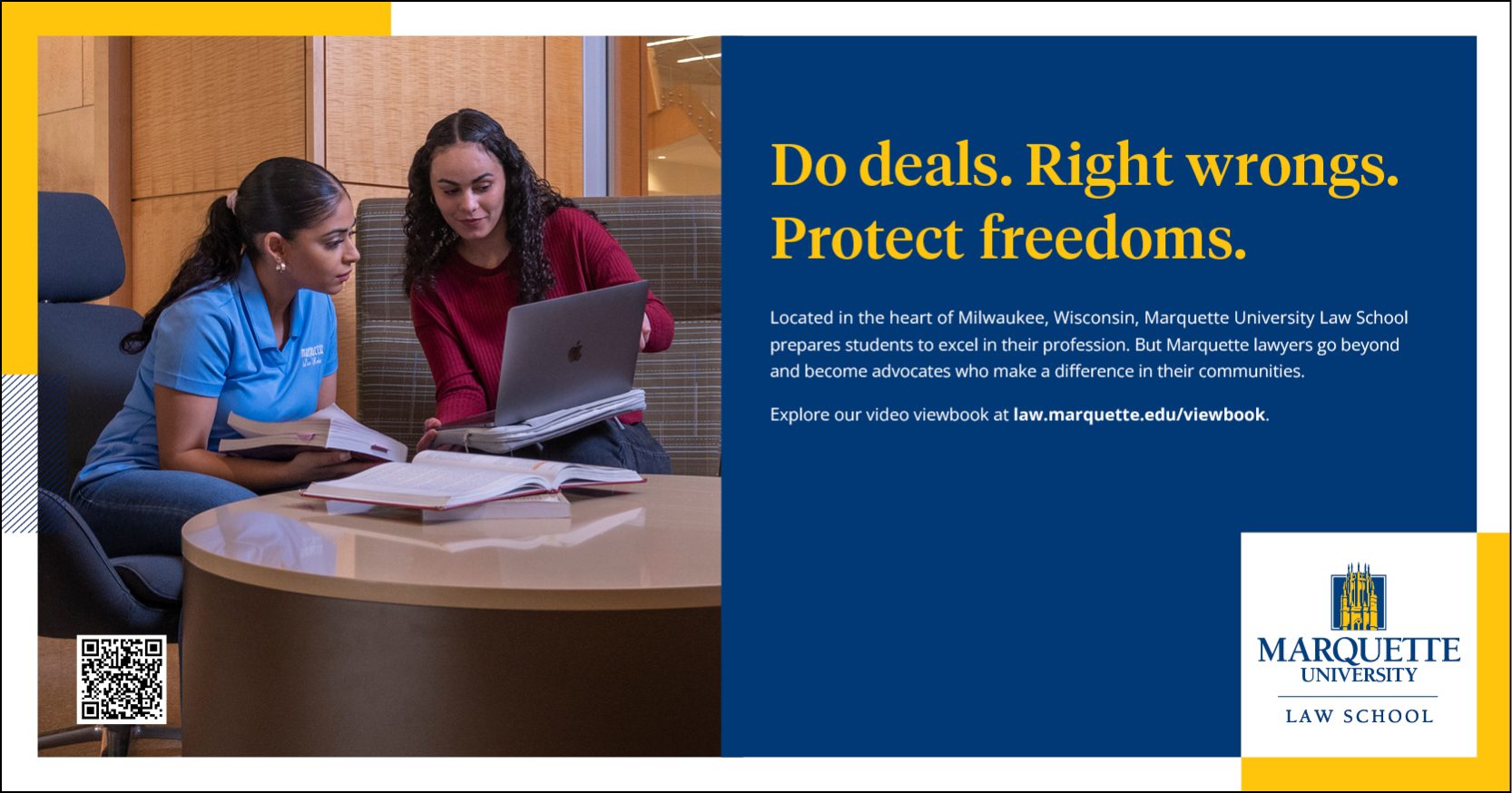
Marquette University
Law School
Do deals. Right wrongs. Protect Freedoms.
Marquette Law School hosts a series for JD students examining the impact of race on doctrinal 1L courses and legal practice areas (e.g. Contracts, Criminal Law, and Constitutional Law). The Law School participates in the State Bar of Wisconsin’s Diversity Clerkship Program, an initiative that places students in full-time summer employment in private law firms, corporate legal departments, and governmental agencies. The annual Marquette Lawyer/Student Diversity Reception is an invaluable networking opportunity for law students (and prospective students) to connect with diverse alumni and other members of the Wisconsin bar and bench. The Law School co-sponsors the annual Wisconsin Statewide Pre-Law Diversity Conference & Law Fair.
Visit Marquette University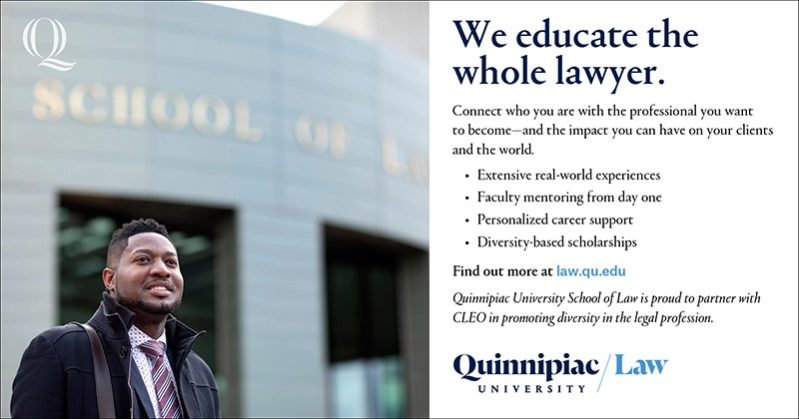
Quinnipiac University School of Law
Embraces Diversity, Equity, And Inclusion
At Quinnipiac Law, our mission is to create a diverse and inclusive community where every member is acknowledged, respected, and has the necessary resources to thrive, both individually and together. We incorporate inclusive excellence in everything we do to create a globally engaged, culturally rich and highly collaborative campus. Our policies and programs celebrate differences as sources of strength and empower everyone to embrace who they are and share their experiences, customs and beliefs. Our goal is to foster conversation, exposure and engagement with all people, thoughts, and ideas — from all corners of the world.
Visit Quinnipiac Law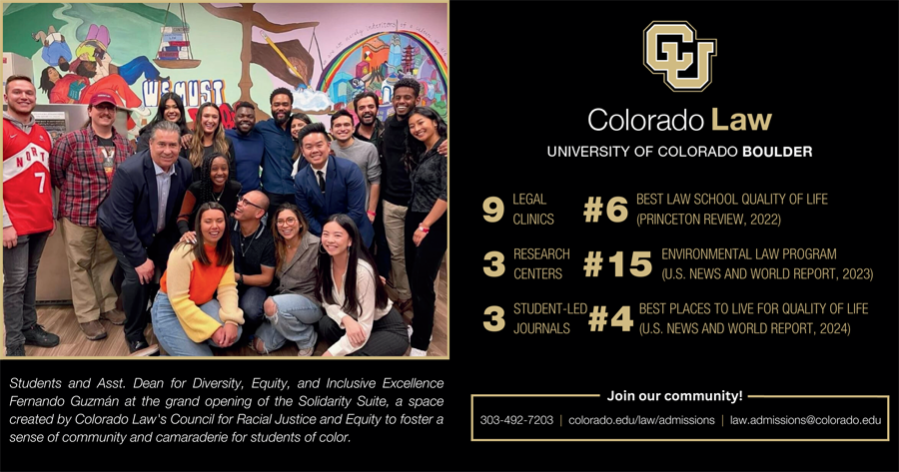
Colorado Law
University of Colorado Boulder
Colorado Law is strongly committed to Inclusiveness and Diversity
The institution works to "provide a supportive and diverse educational and scholarly community in a place that inspires vigorous pursuit of ideas, critical analysis, contemplation, and civic engagement in order to advance knowledge about the law in an open, just society". Through cultivating work opportunities and engaging in legal community initiatives, Colorado Law is demonstrating its dedication to a consistent and meaningful journey towards inclusivity and justice.
Visit Colorado Law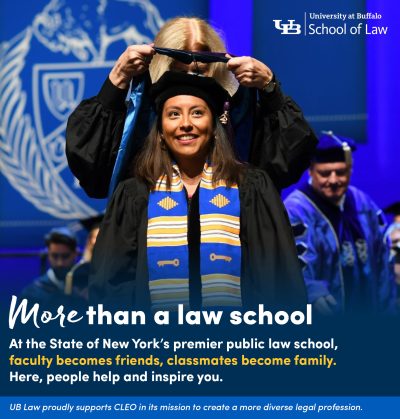

CLEO, Inc. is proud to include many of the nation's premier law schools in our Consortium on Diversity in Legal Education.
PARTNER LAW SCHOOLS
Fordham University School of Law
Loyola University New Orleans College of Law
Marquette University Law School
University of Colorado Law School
University of Idaho College of Law
The University of Mississippi School of Law
University of New Hampshire School of Law
Quinnipiac University School of Law
Vermont Law and Graduate School
Washburn University School of Law
SUPPORTING LAW SCHOOLS
Campbell University Norman Adrian Wiggins School of Law
Case Western Reserve University School of Law
Cornell Law School
St. John’s University School of Law
St. Thomas University College of Law
University at Buffalo School of Law
SUSTAINING LAW SCHOOLS
Baylor University School of Law
Boston University School of Law
Florida International University College of Law
Mercer University School of Law
Michigan State University College of Law
Mitchell Hamline School of Law
New York University School of Law
Northwestern University Pritzker School of Law
Oklahoma City University School of Law
Southern Illinois University School of Law
Texas A&M University School of Law
The University of Kansas College of Law
The University of Texas School of Law
The University of Tulsa College of Law
University of Denver Sturm College of Law
University of the Pacific McGeorge School of Law
University of Pennsylvania Carey Law School
University of Richmond School of Law
USC Gould School of Law
Washington and Lee School of Law
Widener University Delaware Law School
CLEO STAFF
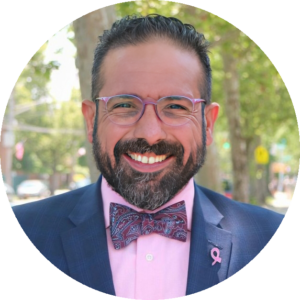
Juan Carlos "J.C." Polanco, Esq., MBA
President & Chief Executive Officer
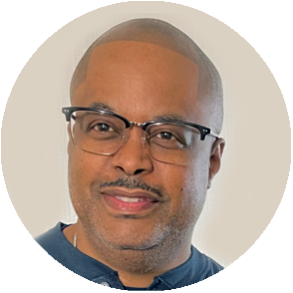
Leigh R. Allen, II, MBA, MS
Chief Operating Officer
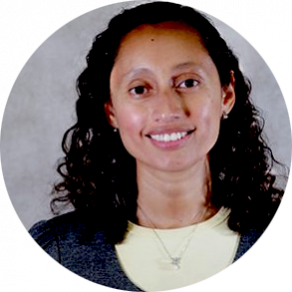
Lynda Cevallos, Esq.
Vice President of Academic Affairs
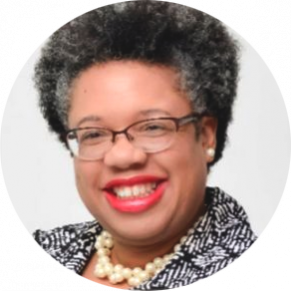
Julie D. Long, BS, CAP, PACE
Vice President of Finance and Administration
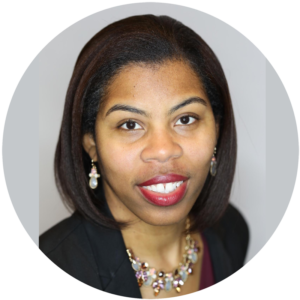
Sabrina Acloque, Esq.
Director of Development and Grants
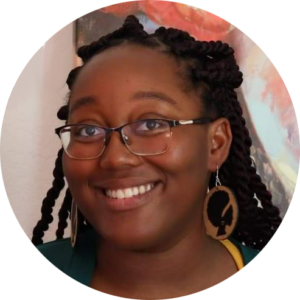
Dominique Moss, M.Ed.
Director of Law School Initiatives
CLEO BOARD OF DIRECTORS

SAMANTHA AHUJA
GREENBERG TRAURIG

ANGELA BIRCH COX
HOUSTON HABITAT FOR HUMANITY, INC.
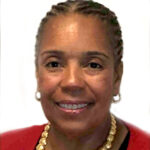
ELIZABETH A. CAMPBELL
(CHAIR)
BEEBE HEALTHCARE

DARRYL L. FRANKLIN
HMSHOST
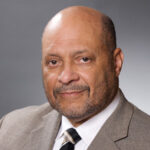
HAROLD HENDERSON
NFL PLAYER CARE FOUNDATION
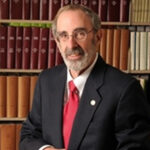
MALCOLM L. MORRIS
DEAN EMERITUS AND PROFESSOR OF LAW

RACHEL OKOLSKI
ASSOCIATION OF CORPORATE COUNSEL

THE HONORABLE DENISE OWENS
FIFTH CHANCERY COURT MISSISSIPPI

YANERIS M. ROSA
WORLD WRESTLING ENTERTAINMENT (WWE)
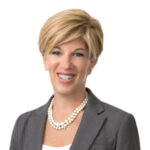
PAMELA V. ROTHENBERG
WOMBLE BOND DICKINSON (US) LLP
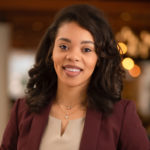
BRANDY SMITH
LINCOLN FINANCIAL GROUP

BERNARDA VILLALONA
VILLALONA LAW, PLLC
CLEO ADVISORY COUNCIL
